Snooze or Lose
Is COVID keeping you from getting some shut eye? If so, you’re definitely not alone. Over the past couple of weeks, we have been hearing your concerns: more difficulty falling asleep, staying asleep, or both!
As our minds and bodies adjust to these stressful circumstances, our fight-or-flight mode can kick in, ultimately keeping us awake. The good news is that there are effective ways to intervene using techniques from cognitive behavioral therapy for insomnia (CBT-i).
Here are THREE tips and tricks that may be helpful starting places:
1) Don’t try to “force” yourself to fall asleep:Your stress and anxiety may very well be contributing to your wakefulness. Believe it or not, the problem is further exacerbating by well-intentioned attempts to go to sleep, such as by lying in bed staring at the ceiling hoping it will happen (“Oh, if I just give it ten more minutes!”). In fact, this actually reinforces the bed/wakefulness connection, resulting in increased sleep issues. This may sound counterintuitive, but instead, refrain from going to bed before you are sleepy, even if it means pushing your bedtime. Furthermore, if you lie down and are unable to fall asleep within approximately 20 minutes, get up and do something relaxing or boring until you are sleepy again. Then, and only then, return to your bed. Maximizing your sleep efficiency, even if it means initially restricting your sleep, will begin to slowly “reset” the connection your mind has started to create with your bed as being a place in which you are anxious, frustrated, and of course, awake.
2) Stick to a regular wake time every day (no matter what!): Yes, it may be tempting to linger in bed a few minutes longer if you are skipping the commute by working from home, or to try to “catch up on sleep” by napping or sleeping in over the weekend (it doesn’t work!). Rather than engaging in behaviors that essentially induce “jet lag” by switching up your schedule day-to-day, find a time that is reasonable to set as your daily wake time—including weekends. If you are consistent about this, you will be pleased to find that overtime you will feel more energized and refreshed in the mornings.
3) Trick your body and retrain your mind: The circadian rhythm is like an internal clock that regulates your sleep-wake cycle. Sometimes it can be thrown off by factors such as light and temperature.
You can get your internal clock back on track by making slight behavioral changes such as a) sleeping in a cool, dark room; b) exposing yourself to sufficient natural light during the day, especially in the mornings; c) staying away from screens at night; and d) exercising and taking a warm bath at least two hours prior to your intended bedtime.
As for the mind piece, check out some articles or videos on “myths” about sleep. Dispelling these myths may put some anxieties and fears to rest by instilling sleep-promoting thoughts instead, and ultimately enhancing your peace of mind (see what I did there ?)
